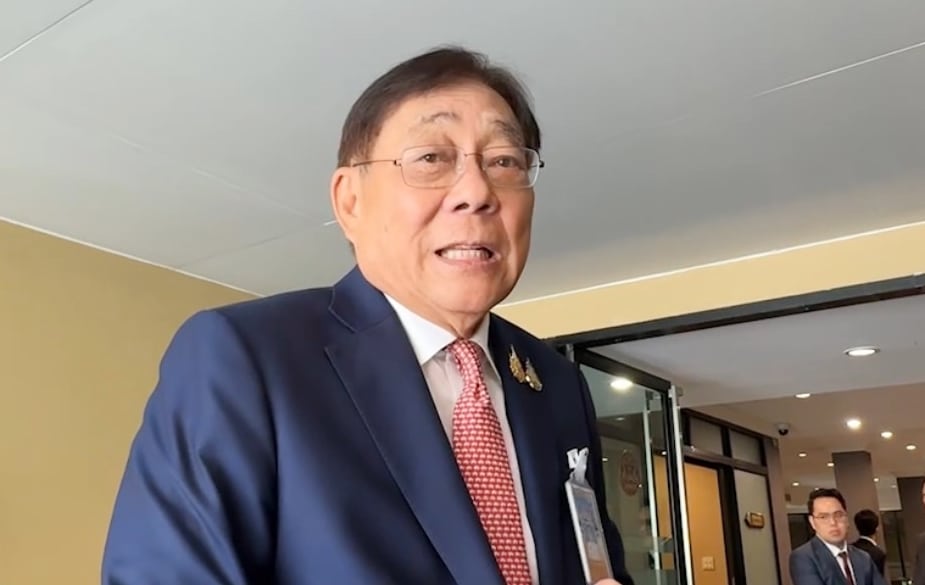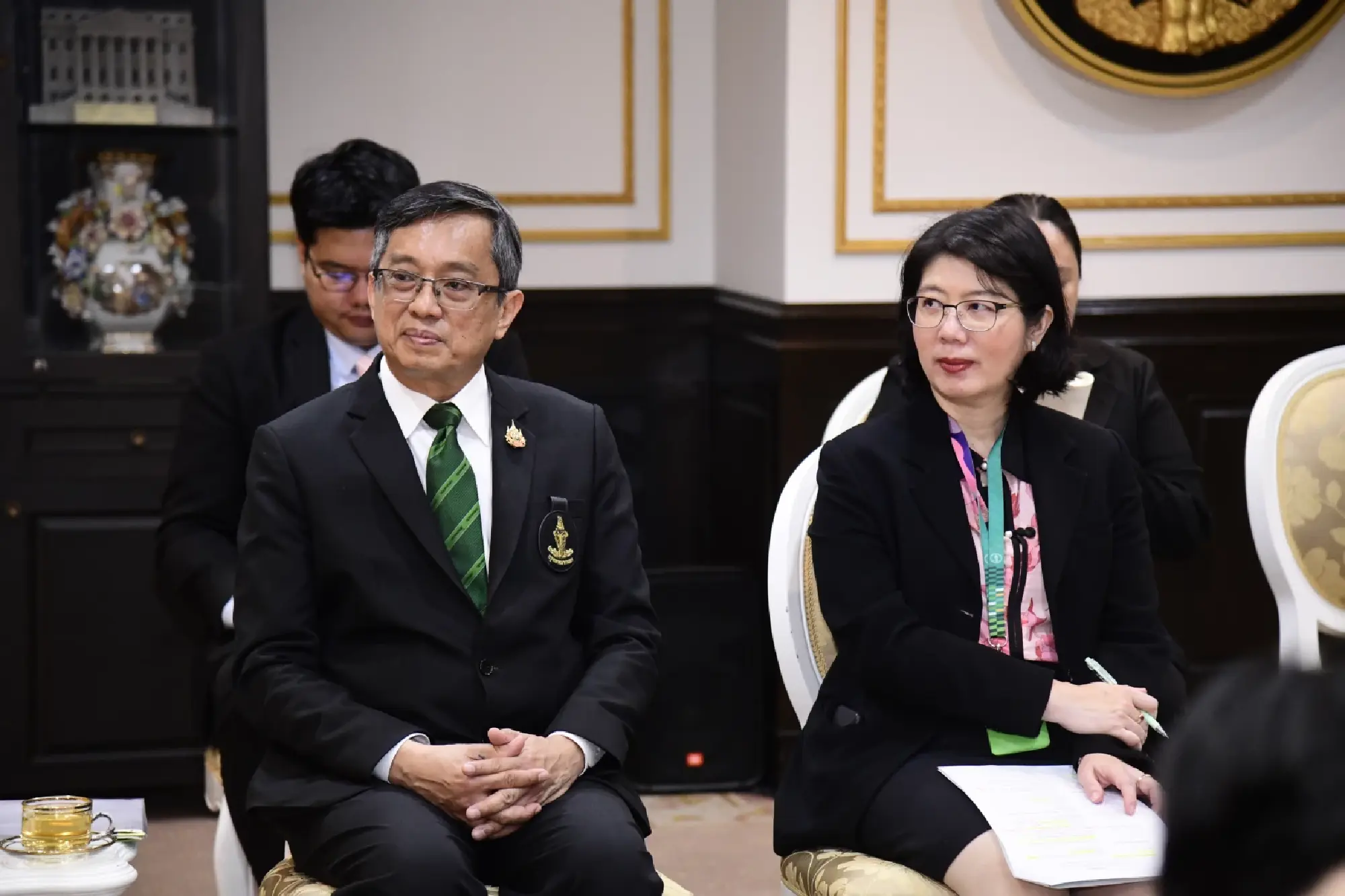Thai Firms Expand Investments in the U.S.
Strategic Moves to Mitigate Trade Surplus Concerns
The Thai Chamber of Commerce is spearheading efforts to encourage Thai businesses to invest in the United States, aiming to ease trade tensions under Trump’s administration. This initiative seeks to address the $35 billion trade surplus Thailand holds with the U.S., which has drawn scrutiny from American policymakers. By increasing imports of agricultural products and energy from the U.S., Thailand hopes to reduce trade imbalances while fostering economic ties.
Proactive Measures Against Tariff Threats
In response to potential tariff hikes, the Chamber has proposed establishing a “war room” comprising public and private sector representatives. This team would develop strategies to counteract economic disruptions caused by aggressive U.S. trade policies. Additionally, Thailand is reassessing import duties on American goods and exploring measures to protect local businesses from unfair competition, such as stricter enforcement against low-quality imports and smuggled goods.
Economic Impacts of Trump’s Trade Policies
Thailand Faces Billions in Potential Losses
Experts have warned that Trump’s policies could lead to significant economic setbacks for Thailand, including a THB160-billion loss due to increased tariffs and trade barriers. Key export sectors such as electronics, automobiles, and agricultural products are particularly vulnerable. The Thai government is intensifying negotiations with the U.S., aiming to secure exemptions for critical industries while preparing countermeasures like tariff adjustments and import diversification.
Export Challenges Amid Uncertainty
The United States remains Thailand’s largest export destination, accounting for 18.3% of total exports valued at $54.96 billion last year. However, unpredictable U.S. trade regulations have created hurdles for Thai exporters, with operating costs expected to rise by 6-8% if tariffs are fully implemented. To mitigate these challenges, Thailand is promoting outward investments into the U.S., focusing on sectors like agriculture and energy to balance trade relations.
Strengthening Bilateral Relations
Leveraging Diplomatic Channels
Thai Commerce Minister Pichai Naripthaphan recently visited Washington as part of efforts to foster stronger economic ties with the U.S. Concurrently, the government is engaging leading American multinationals to advocate for tariff exemptions and fair trade practices. These diplomatic initiatives aim to build goodwill while addressing concerns over Thailand’s growing tilt toward China and its entry into BRICS-plus partnerships.
Building Resilience Through Diversification
Thailand is also exploring alternative markets in Southeast Asia for exports impacted by U.S. tariffs, including electronics and consumer goods. By diversifying trade relationships and enhancing domestic policies, Thailand aims to safeguard its economy from external shocks while maintaining competitiveness in global markets.
A Balanced Approach for Economic Stability
The Thai Chamber of Commerce’s proactive strategies reflect a balanced approach to navigating Trump’s “America First” policies. By fostering investments in the U.S., reassessing import duties, and strengthening bilateral negotiations, Thailand is positioning itself to mitigate economic risks while maintaining robust trade relations with its largest export partner.









